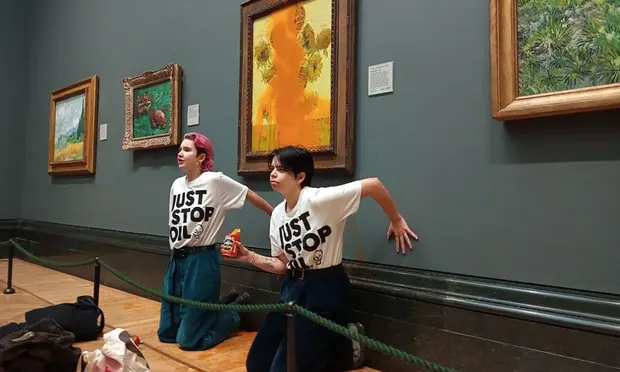The Guardian has a series of articles looking at UK’s water industry. Looks like it’s a cash cow for foreign investors with prices to consumers inflated to service debt and excessive payments to shareholders. Well worth a look (and tofu-eating is not mandatory ;) …
England is one of the few countries in the world where water is fully owned by private companies. These companies answer to investors based thousands of miles away from their customers.
“What we have here is just a crazy system,” said Kate Bayliss, from the department of economics at SOAS University of London and author of several papers on England’s privatised water. “We are managing our water in the interests of offshore investors.”
These offshore investors include private and state-owned international funds, banks, multinationals and billionaires headquartered outside the UK, and they control at least 72% of English water, new Guardian research has found.
Here’s how England’s profitable water system has been sold off around the world:
…
Foreign investment firms, private equity, pension funds and businesses lodged in tax havens own more than 70% of the water industry in England, according to research by the Guardian.
The complex web of ownership is revealed as the public and some politicians increasingly call for the industry to be held to account for sewage dumping, leaks and water shortages. Six water companies are under investigation for potentially illegal activities as pressure grows on the industry to put more money into replacing and restoring crumbling infrastructure to protect both the environment and public health.
More than three decades after the sector was sold off with a promise to the public they would become individual small shareholders or “H2Owners”, control of the water industry has become dominated by overseas investment vehicles, the super-rich, companies in tax havens and pension fund investors. The ownership structure is such that transparency and accountability are limited, according to Dr Kate Bayliss, a research associate with the department of economics at Soas University of London.
…
…
In the 30 years since England’s water was privatised by Margaret Thatcher, water companies have set up a system in which billions of pounds leave the network in an average year.
It’s money that could have gone towards building a more resilient water system, say academics. Among them, Dieter Helm, an Oxford professor of economic policy specialising in utilities, went as far as saying in 2021 that England’s water system was “a scandal of financial engineering”.
So where is the money going?
…
